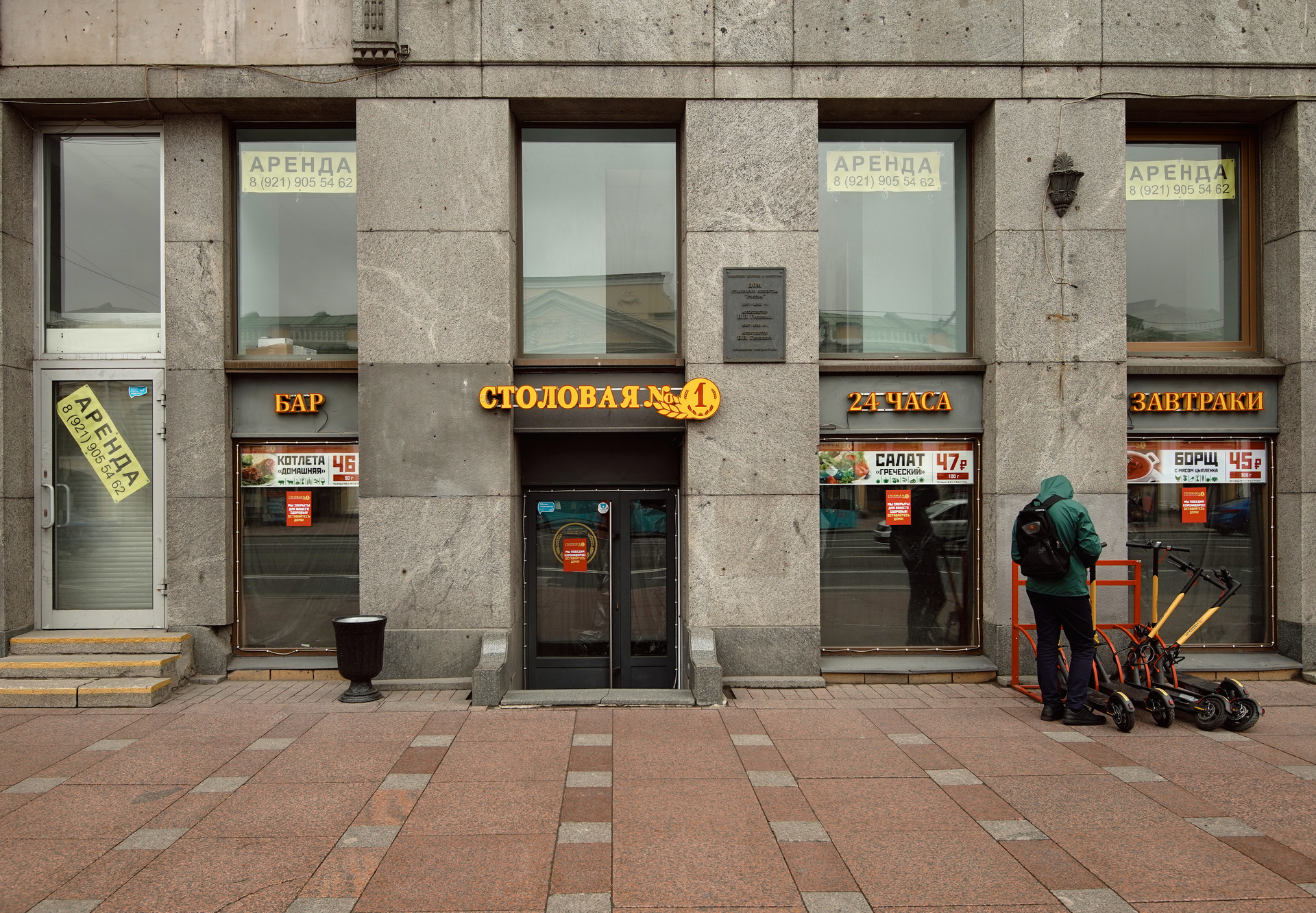The Russian government has allocated another 23 billion rubles for subsidies to small and medium-sized businesses (SMEs) for the payment of salaries to employees. On Monday, June 22, the Prime Minister of the country Mikhail Mishustin said.
According to him, earlier the authorities had already provided more than 81 billion rubles to companies and entrepreneurs that suffered from coronavirus, which were able to save at least 90% of the workers. As the head of the Cabinet noted, the additional allocation of funds is associated with an increase in the number of recipients of state support.
“We are constantly expanding the list of affected industries. The number of potential recipients of subsidies is growing, now it is 1 million 730 thousand organizations and individual entrepreneurs. And the number of their employees increased to 5 million. Government support will help maintain the employment and stable work of such organizations. And of course, it will help people go through this difficult period, ”Mishustin said at a meeting with his deputies.
The Prime Minister also announced an extension of the deadline for submitting applications for subsidies for April and May. Now the application can be submitted before July 1.
“Thus, the funds will be available to those companies that have the right to such support after expanding the list of the most affected sectors,” Mikhail Mishustin explained.
Recall that the amount of subsidized assistance is equal to the minimum wage (minimum wage) and amounts to 12 130 rubles per employee. At the same time, companies can receive funds from the government only if they maintain at least 90% of the state from the level of March 2020.
Today, a total of about one third of all SMEs in Russia count on direct payments from the state. About this in an interview with RT said the vice president of the all-Russian public organization of small and medium-sized enterprises "Support of Russia" Pavel Sigal.
“The number of small and medium-sized enterprises in Russia is just over 6 million, where about 15 million people work. Often this category of business does not have savings in order to pay wages to employees in the face of slowdowns, as happened during the pandemic. Therefore, the SME sector is the most vulnerable, and the government is proposing new ways to support it. Of course, in the current conditions, the opportunity to receive funds in the amount of the minimum wage for the payment of salaries to employees is a very significant help, ”said Segal.
Under quarantine measures, many small and medium-sized enterprises temporarily suspended work. Although today, in a number of regions, most restrictions have already been lifted, weak consumer demand is still negatively affecting companies. Against this background, in the coming months, authorities may further expand support for SMEs, said Georgy Ostapkovich, director of the Center for Market Studies of the Institute for Statistical Studies and Economics of Knowledge, Higher School of Economics.
“The government intentionally provides support in relatively small tranches in order to understand which particular business facilities are most in need of funds. At the same time, the accumulated reserves allow us to support entrepreneurs for several years, so this tranche of 23 billion rubles will not be the last in a series of measures to support sectors affected by COVID-19, ”Ostapkovich said in an interview with RT.
- RIA News
- © Alexey Danichev
Moreover, experts believe that the actions of the authorities will accelerate the restoration of the Russian labor market. According to Rosstat, in March the unemployment rate in Russia was 4.7%. Meanwhile, at the end of May, the indicator rose to 6.1%. This was previously stated by the Minister of Labor and Social Protection of the country Anton Kotyakov.
According to him, at the moment, the peak of the impact of the pandemic on the labor market in Russia has already been passed, and the situation in the field of employment is stabilizing against the background of a gradual weakening of quarantine measures. At the same time, an increase in subsidies to business for the payment of salaries to employees will significantly reduce the unemployment rate in the second half of 2020, says Georgy Ostapkovich.
“Money will help minimize the process of workers leaving for shadow employment. If there were no government support, they would be forced to cut jobs or send employees on unpaid leave. As a result, the dismissed Russians would have to look for other sources of income and agree to receive wages “in an envelope”. But such a scenario was avoided due to the fact that the government allocates funds. As a result, subsidies to businesses can significantly reduce unemployment from the current 6.1% to 5.5-5.7% already by the end of 2020, ”the expert concluded.

